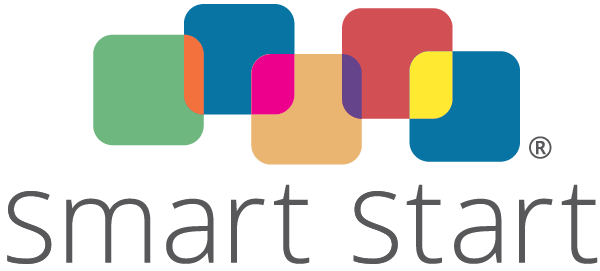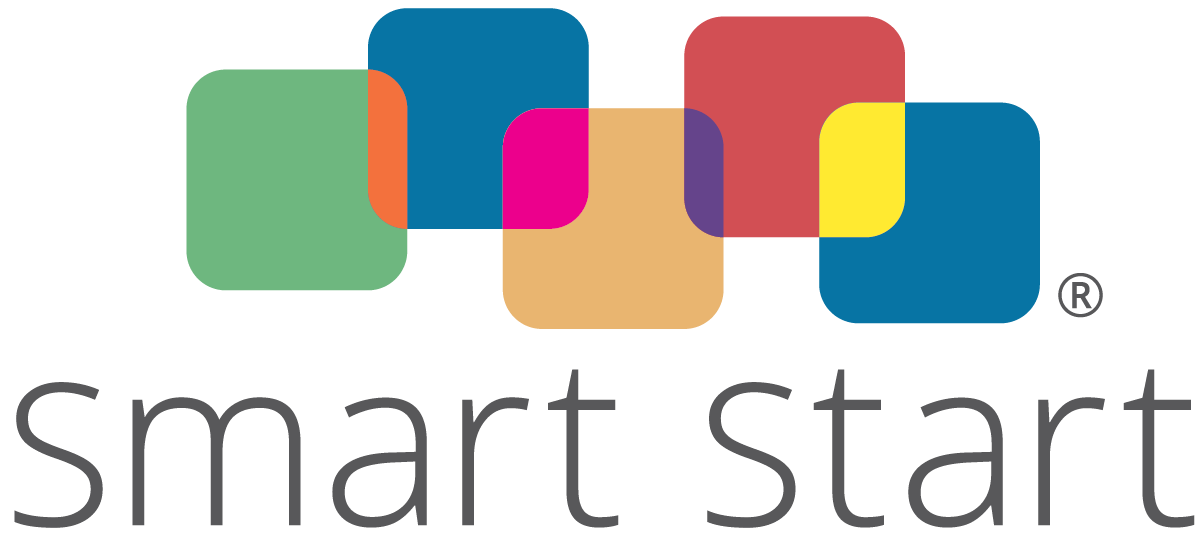Smart Start Conference Spotlight: Exploring National, State, and Local Workforce Supports for Early Childhood Professionals
“Early childhood is a public good and needs to be invested in”, Teri Talan, Senior Policy Advisor to the McCormick Center for Early Childhood Leadership
 Early childhood professionals met at the final 2022 Smart Start Conference Featured Session to discuss support for the early childhood workforce.
Early childhood professionals met at the final 2022 Smart Start Conference Featured Session to discuss support for the early childhood workforce.
In the session, Exploring National, State, and Local Workforce Supports for Early Childhood Professionals, panelists from three organizations providing workforce supports highlighted the critical need to support early childhood professionals and the strengths and challenges of their work. Marisa Schlieber, Senior Research & Policy Associate from the Center for the Study of Child Care Employment moderated the panel.
The Supports
The panelists provided a wide look at ways early childhood care teachers and directors are being supported.
One support, critically needed, is increased pay for teachers. Elisha Childers, executive director of the Children’s Council of Watauga, a Smart Start Local Partnership, understands the importance of paying professionals well. She stated, “When you lift the wage of the lead teacher, it shifts the wage for the entire staff”.
This knowledge is derived through Childers’ experience with the Pathways to Accreditation at the Children’s Council of Watauga. Pathways to Accreditation is a program for early care and education professionals in Watauga County in which teachers can receive high-quality training, mentoring, evaluation, and professional development. Participating teachers receive financial incentives to attend professional development during their workday.
The Children’s Council of Watauga also provides a dual subsidy quality enhancement program which funds child care centers, investing in a school rather than each child to create high-quality care and education for all children in a classroom. Participants of this enhancement program must agree to join the Pathways to Accreditation program and to pay their lead teacher $12 an hour. Since starting the program, the average pay for lead teachers in the county has shifted from $9.00 per hour to $12.00.
 Likewise, Edith Locke, Senior Vice President of Professional Development Initiatives at the Child Care Services Association (CCSA), works to support income of child care professionals. CCSA provides education-based salary supplements to low-paid teachers, directors, and family child care providers through Child Care WAGE$®. CCSA also implements the T.E. A.C.H. Early Childhood® North Carolina Scholarship Program which provides educational scholarships to early care professionals and those who perform specialized functons in the early care system.
Likewise, Edith Locke, Senior Vice President of Professional Development Initiatives at the Child Care Services Association (CCSA), works to support income of child care professionals. CCSA provides education-based salary supplements to low-paid teachers, directors, and family child care providers through Child Care WAGE$®. CCSA also implements the T.E. A.C.H. Early Childhood® North Carolina Scholarship Program which provides educational scholarships to early care professionals and those who perform specialized functons in the early care system.
In Illinois, Teri Talan, from the McCormick Center for Early Childhood Leadership, is working to support child care directors specifically. Talan is one of the authors of the Program Administration Scale and Business Administration Scale for Family Child Care. These books identified the knowledge and skills needed for program administrators to effectively lead programs, creating a way to measure the impact of program leadership.
Talan is focused on supporting coaches, technical assistants, instructors, and teacher leaders. This focus is due in part to the lower turnover rate for program leaders. “Teach the leader how to coach their teachers,” Talan said. “Teach the leaders in growing the skills they already have to be able to have high-performing teaching staff in their programs.”
Throughout the panel, one leading theme was the challenge of compensation and the challenge to retain teachers. Amy Cubbage, President of the North Carolina Partnership for Children, shares similar sentiments. She remarked, “We need to give them the deepest respect, provide the compensation with benefits to care for themselves and their families, and to continue to attract new teachers to the field with the experience, knowledge, and dedication to young children, our country’s most precious resource.”
Opportunities
Despite the challenges, there are opportunities to continue to uplift and support early care and education professionals.
Hunter Varipapa, Early Care and Education Director at the Children’s Council of Watauga, highlighted how the teachers in Pathways to Accreditation collaborated with each other when things became tough. “When the pandemic hit,” Varipapa said. “They were all together.”
This sense of community as well as showing teachers that they are appreciated is critical.
Additionally, examining equity in the context of supporting teachers and in serving children is paramount. CCSA has a set of foundational principles that guide the organization’s work.
Locke recognizes the need to connect with the workforce to examine their needs. She stated, “Equity is doing a deeper dive into data and looking at the story that is missing.”
Talan also has a focus on equity with her work of creating a unifying professional framework for building leaders. Likewise, Childers and Varipapa lift up equity as a need, stating that by funding Pathways to Accreditation locally, they are able to make it a more equitable program for others.
What Can We do?
While Childers, Varipapa, Talan, and Locke are creating change nationally, statewide, and locally with their work, it is important for early care and education professionals, parents, caregivers, and community members to advocate for child care and education professionals.
Additional Resources about the early care and education workforce are below:
- 2020 Workforce Index (Center for the Study of Child Care Employment)
- 2019 North Carolina Early Childhood Workforce Study (Child Care Services Association)


